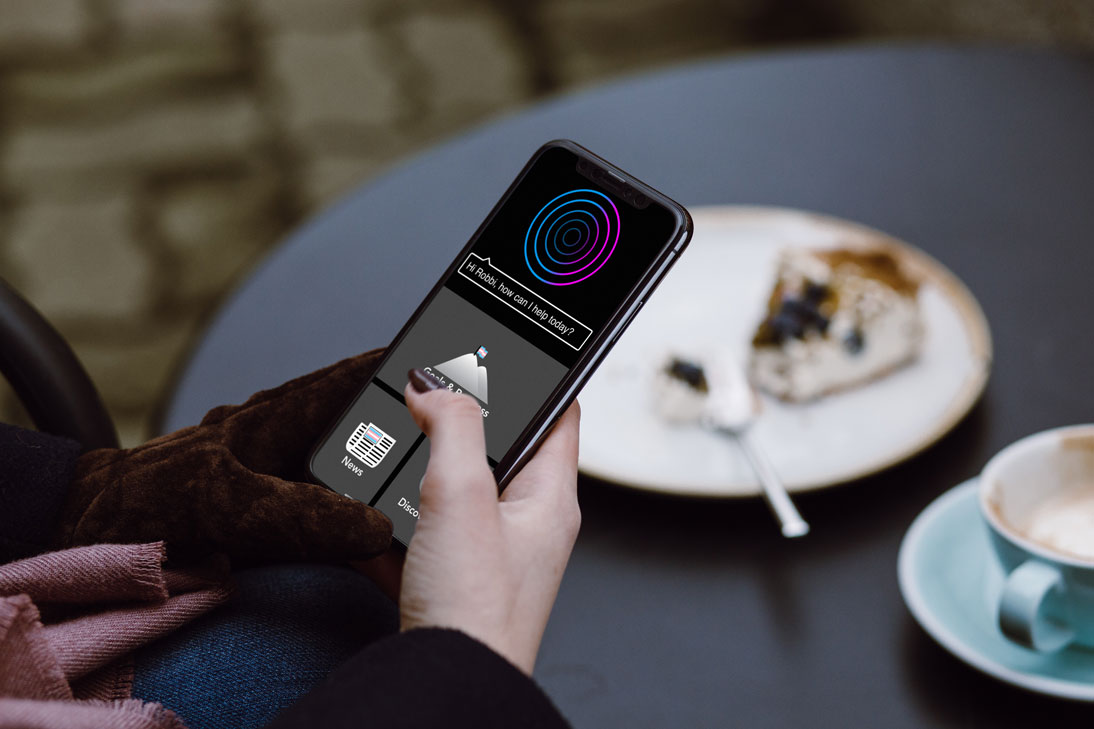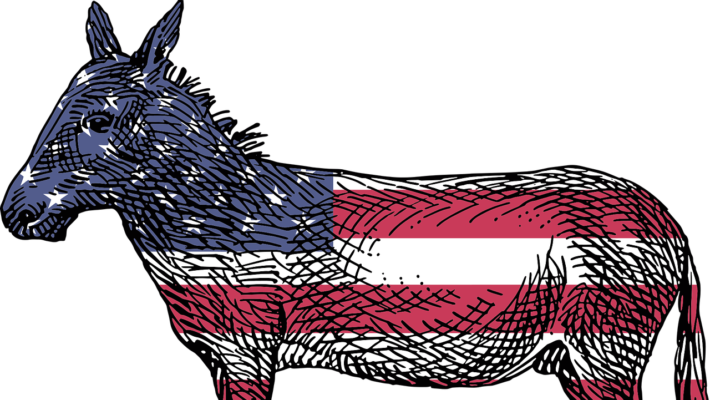The presence of trans people is not new. Gender diversity has thrived “on nearly every continent, and for all of recorded history,” according to a PBS report. Rather, it’s the gender binary that’s a historically new colonial construct, restricting people to either ‘male’ or ‘female’ roles and identities. Other cultures here and the world over have long acknowledged more than two genders, and PBS’s helpful map includes many of the classical indigenous names for what we now call ‘trans’ or ‘nonbinary’.
But as the dominant culture awakens to the range of possible expressions of gender, backlash follows. Trans and gender nonconforming people are exposed to more violence than ever, making it a dangerous time to transition. According to the 28,000 participants in the US Trans Survey, trans people experience homelessness, poverty, unemployment, workplace mistreatment, unequal service, verbal harassment, physical attacks and suicide at rates much higher—sometimes three or four times higher—than cis people.
“About 41 percent of people who are trans attempt to commit suicide at one point in their life,” says software developer Robbi Katherine Anthony. According to the US Trans Survey, this makes a trans person nine times more likely than a cis person to attempt suicide. “I want to drive that number down,” Anthony says. “If providing the accurate information can put any sort of dent in that number, that would be the highest calling of this type of application.”
An App to Help You Chart Your Transition
The application is called Solace, which Anthony founded to support other trans people. She calls it “a mobile application for transgender individuals to create a custom roadmap for their own transition.”
Upon logging in, the first thing Solace does is ask the new user their name, which Anthony notes “can be a profound experience” for someone who’s never used their true name. The user enters their pronouns, and Solace presents a range of possible steps to help move their transition forward: changing the gender on their driver’s license, starting hormone therapy, buying their piece of gender specific clothing, or going to the gym as themselves for the first time.
In Solace’s vulnerable and moving promo video, Anthony details how Solace guides you through three categories of changes: medical, legal, and lifestyle. There’s also a news digests to help you sort through headlines and find credible, current information about trans issues. And Solace doubles as a way to check in on your goals and progress, with visual indicators to remind you that you’re not stuck, even when your transition feels like a slow process.
Anthony says she’s heard many people encourage her by saying “it gets better”. By providing good information and clear channels of support, Anthony created Solace to turn the phrase “it gets better” into “how it gets better”.
Solace Nabbed Investor Attention at HackOut’s Queer Tech Weekend
Anthony launched Solace on the heels of HackOut 2019, the world’s only LGBTQ-centered startup weekend. Since HackOut’s debut 2014, the four day queer tech bonanza has become an international event, providing a platform for LGBTQ entrepreneurs to share and support ideas.
During HackOut 2019, which took place last April in Austin, Anthony designed Solace with co-creators Patrick McHugh, Juan Pablo Delgado, Ari Martinez, and Diego Hernandez. She tailored the design to fill a need in her own life.
The weekend’s finale involves participants pitching their projects to a panel of judges and investors. Anthony and her co-creators pitched Solace. It won first place.
US-Mexico Launch Slated For This Year is an Opportunity for Allies to Help
That success has positioned Solace to raise supplemental financing for an official launch. Once the software development is complete and the content sourced, Solace will have its official US debut, with a pilot program launching in Mexico later this year. This presents an opportunity for trans people and allies to get involved.
“I’ve had so many people come up to me over the years, and they’ve asked me how they can help the trans community, whether they’re allies or whomever, what can they do to make things better. This,” says Anthony, “this moment is how you can help.”
To donate or get more information, visit Solace’s website.




